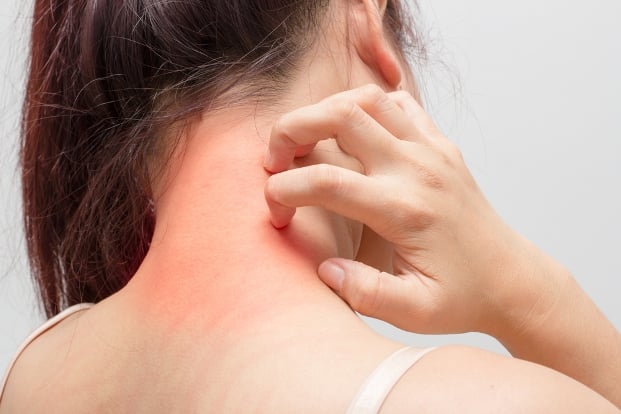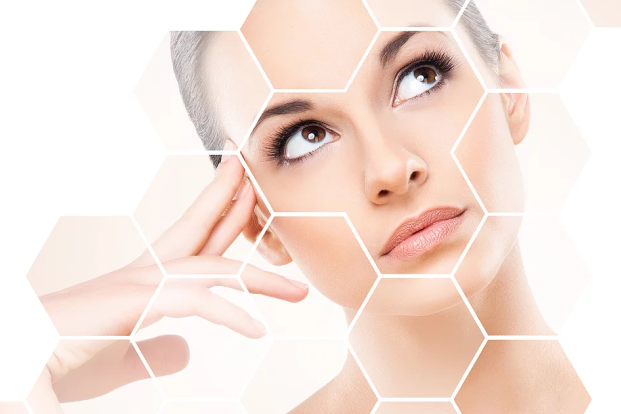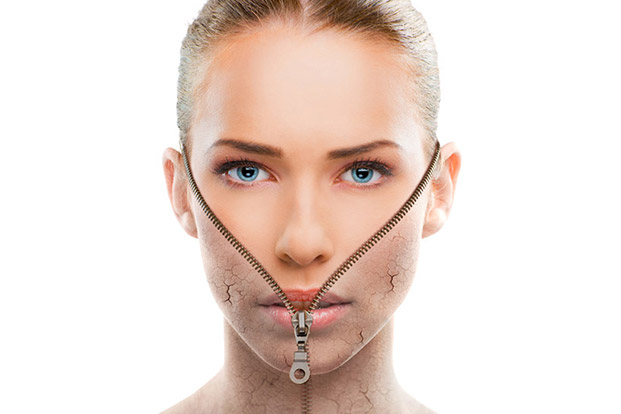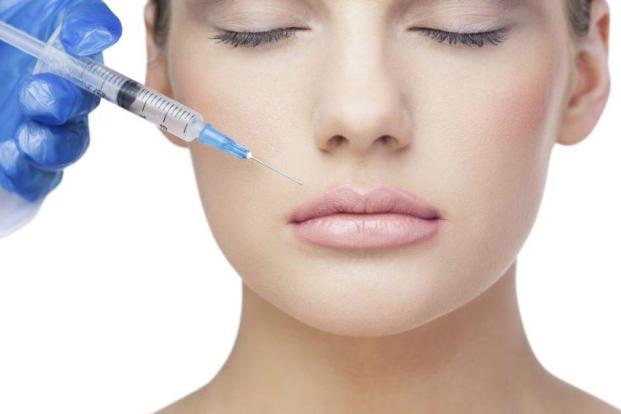Categories
- Bariatric Surgery (11)
- Black Fungus (5)
- Bone Marrow transplant (3)
- Brain Tumor Surgery Navigation Technology (20)
- Cardiac Surgery (66)
- Cardiology (97)
- Computer navigation technology for joint replacements (20)
- Covid Vaccination (17)
- Critical Care (2)
- Dental (19)
- Dermatology (31)
- Dialysis Support Group - “UTSAAH” (11)
- Dietitian (33)
- Emergency Medicine (4)
- Emotional Health (11)
- Endocrinology (33)
- ENT (20)
- Gastroenterology and GI Surgery (53)
- General and Laparoscopic Surgery (21)
- General Surgery (4)
- Gynecology & Obstetrics (183)
- Hematology (20)
- Internal Medicine (294)
- Kidney Transplant (50)
- Kidney Transplantation (20)
- Lung Cancer (8)
- Minimal Invasive Surgery (1)
- Mother & Child (20)
- mucormycosis (5)
- Nephrology (61)
- Neurology (147)
- Neurosurgery (68)
- Nutrition and Dietetics (107)
- Omicron Variant (1)
- Oncology (288)
- Ophthalmology (10)
- Orthopaedics & Joint Replacement (86)
- Paediatrics (59)
- Pediatric Nephrology (3)
- Physiotherapy (5)
- Plastic & Reconstructive Surgery (6)
- Psychiatry and Psychology (90)
- Psychologist (28)
- Pulmonology (72)
- Rheumatology (13)
- Spine Services (21)
- Transradial Angioplasty (16)
- Urology (84)
Query Form
Posted on Apr 19, 2022
Nickel Allergy: Signs, Symptoms, Causes & Treatment
Nickel allergy is the most common causes of contact allergic dermatitis. The allergic reaction makes the affected areas itchy and blistered (acute dermatitis) or dry, thickened and pigmented (chronic dermatitis). Rarely nickel allergy can cause respiratory problems like asthma and nasal inflammation.

The exact cause of nickel allergy is unknown. Doctors believe that it is the adverse immune response that occurs when someone is allergic to nickel comes in contact with it. In people with nickel allergy, the immune system mistakes nickel as a dangerous foreign body and secrete chemicals to ward off the threat, triggering an allergic reaction. It may take recurrent or extended exposure to nickel to develop the allergy. However once the body becomes allergic to nickel, the immune system will always be sensitive to it. According to studies, women are more likely to develop nickel allergy than men. Nickel allergy can also affect areas that are not in contact with the metal.
The most common sites for nickel allergy are – the earlobes (from earrings), the wrists (from watch straps) and the lower abdomen (from jeans studs).
Symptoms associated with Nickel allergy:
- Itching
- Skin rash or bumps
- Skin redness and tenderness
- Dry patches on the skin
- Fluid-filled blisters
- Scaly, raw and thickened skin
Diagnosis and Treatment of Nickel allergy:
- The diagnosis is based on the basis of the physical examination and the history of the nickel exposure.
- The doctor may order a patch test to confirm the diagnosis
- There is no cure for nickel allergy. Once you develop a sensitivity to nickel, there will be an allergic reaction whenever you come in contact with it. Doctors usually prescribe medicines to reduce irritation and treat the rash. Commonly used medicines include:
- Corticosteroids creams
- Nonsteroidal immunosuppressant creams
- Oral Corticosteroids
- Oral antihistamines
- Calamine lotion, moisturizers, and wet compressors can also help.
- Another treatment method is phototherapy in which the skin is exposed to controlled amounts of artificial ultraviolet light. It is usually used in case of people who have not got better with steroid treatment.
Prevention and Home care for Nickel allergy :
- Avoid all exposure to nickel
- Test all metal items including jewelry to see if they contain any nickel
- Avoid body piercing
- Wear clothing with plastic or coated zippers and buttons
- Check with your orthodontist about nickel before getting your orthodontic braces
- Check with your ophthalmologist whether your eyeglasses contain nickel
- Use plastic or titanium eyeglass frames
- Use watch bands made of leather, cloth or plastic
- Inform your doctor about nickel alert before surgeries
- Choose tools with plastic handles
- Make sure your stainless steel items are not coated with nickel



